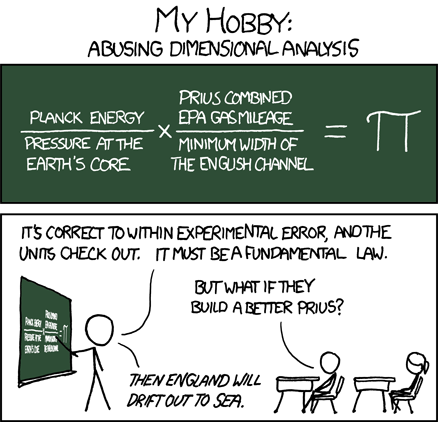Post modernism is a reaction and rejection of the assumptions of modernist philosophy, broadly questioning:
1. Whether or not there is an objective reality independent of the mind.
2. Whether or not there is such a thing as objective truth.
3. Whether or not logic/reason are valid independent of the thinker.
4. Whether or not there is such a thing as human nature -- the post modernist holds that most aspects of the human psyche are socially constructed.
It's a cool philosophy, right.
Anyone disagree?
Anyone?
This seems like such a nice philosophy, Codker. I do me, you do you. Or, maybe I do you, you do me, who knows. It's all ****ing relative, so it doesn't matter. It's nice. How in the world do you find this objectionable.
1. Whether or not there is an objective reality independent of the mind.
2. Whether or not there is such a thing as objective truth.
3. Whether or not logic/reason are valid independent of the thinker.
4. Whether or not there is such a thing as human nature -- the post modernist holds that most aspects of the human psyche are socially constructed.
It's a cool philosophy, right.
Anyone disagree?
Anyone?
This seems like such a nice philosophy, Codker. I do me, you do you. Or, maybe I do you, you do me, who knows. It's all ****ing relative, so it doesn't matter. It's nice. How in the world do you find this objectionable.






